The decision of the enforcement force makes people suffer
Mr. Dinh Ngoc Chinh was upset that he was not the one who had to execute the judgment but the Civil Judgment Enforcement Office (CJE) of District 4 (HCMC) issued a decision to block the house of him and his wife. Mr. Chinh tried many ways to request this agency to cancel the blocking order, but failed.
According to Mr. Chinh, 10 years ago, he was the legal representative of TBH Southern LLC (abbreviated as TBH Company). At that time, TBH Company had a dispute over a goods sale contract with HH LLC (abbreviated as HH Company) and was sued in court.
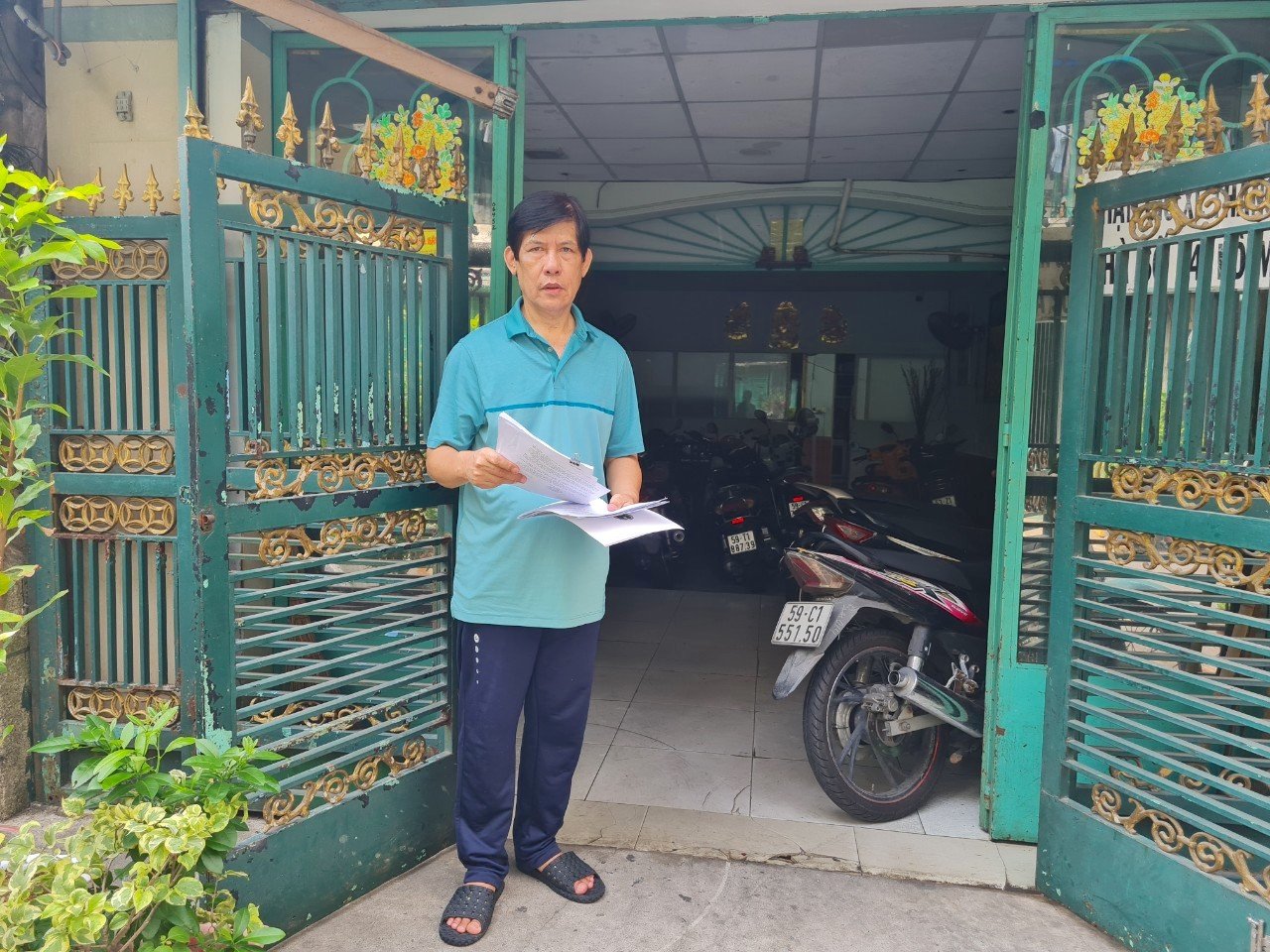
The house of Mr. Dinh Ngoc Chinh and his wife was blocked.
In 2013, District 4 People's Court issued a decision recognizing the agreement of the parties. "The legal representative of the defendant TBH Company agreed to pay the plaintiff HH Company 370 million VND," the court's decision stated.
In 2018, Mr. Chinh retired and terminated his labor contract with TBH Company. Suddenly, 4 years later, from the date of retirement, he received a decision from the District 4 THADS Department to temporarily suspend the registration, transfer of usage rights, and change the current status of the house he and his wife were living in in District 4.
"I worked for TBH Company, and had nothing to do with the company's debt. At that time, I was only the legal representative of the company to negotiate with HH Company, not the one who shouldered the debt. On what basis did the enforcement agency block my wife and I's house?", Mr. Chinh was indignant.
" EXCELLENT RIGHT TO COMPLAINT"
Afterwards, Mr. Chinh contacted the enforcement agency to request the removal of the restraining order on his and his wife's house. Believing that the court's verdict was unclear, in August 2022, the District 4 Enforcement Office sent a document requesting the court to explain the agreement decision on the amount of 370 million VND between the two companies.
Immediately after that, the District 4 People's Court replied that "the person who must execute the judgment is TBH Company", meaning it is not Mr. Chinh. Although the court had clearly explained as above, the District 4 Enforcement Office still did not remove the blocking order, making his family's life more difficult.
Mr. Chinh had a traffic accident, his health was poor, and he had difficulty walking. Every month he had to go to the hospital to get medicine. To make a living, Mr. Chinh and his wife depended on parking for the apartment building.
Previously, Mr. Chinh had to mortgage the whole house, now the due date has come but he has no money to pay, so he is forced to re-mortgage. However, due to the enforcement agency's decision to stop the judgment, the bank has refused this request.
Mr. Chinh was so upset about the actions of the enforcement agency that he filed a complaint. However, the Head of the District 4 Enforcement Agency issued a notice that he would not accept the case, citing the reason that "the statute of limitations for complaints has expired." According to the agency, the statute of limitations for complaints is only 10 days from the date Mr. Chinh received the decision to stop the case, but it was more than April that he filed a complaint.
Having no other choice, Mr. Chinh continued to send petitions to many places but only received a transfer notice. "I am not the one who has to execute the judgment. The wrongful prevention has caused great damage to me and my family. Now I don't know what to do," Mr. Chinh expressed helplessness.
"THE DEPARTMENT OF THADS IN DISTRICT 4 PREVENTS ILLEGAL HOUSES"
To learn about the above incident, Thanh Nien Newspaper reporters contacted the leaders of the HCM City Department of Natural Resources and Environment.
Explaining the reason for his subordinates blocking Mr. Chinh's house, Deputy Director of the HCM City Department of Real Estate Transactions Nguyen Huy Hoang informed that the verification results showed that TBH Company had not been dissolved and had no assets. According to the decision of the District 4 court, the legal representative of this company agreed to pay HH Company the amount of 370 million VND.
Based on the above grounds, the enforcement officer has conducted work and verified the conditions for the execution of the judgment of Mr. Dinh Ngoc Chinh as an individual subject to the execution of the judgment. However, according to the decision of the District 4 court and the document explaining the judgment, TBH Company is the person subject to the execution of the judgment, and is obliged to pay HH Company the amount of 370 million VND.
"The District 4 Real Estate Agency's measures to prevent Mr. Chinh and his wife from building the house are not in accordance with the provisions of the law on real estate," the leader of the Ho Chi Minh City Real Estate Agency affirmed.
Mr. Huy Hoang also added that the enforcement officer has issued a decision to terminate the suspension of registration, transfer of ownership, use, and change of the current status of the house of Mr. Dinh Ngoc Chinh and his wife.
(to be continued)
Speaking with Thanh Nien Newspaper, lawyer Le Van Hoan (Ho Chi Minh City Bar Association) analyzed that the enforcement agency may have misunderstood the subject of enforcement from a legal entity to an individual.
The court's decision stated: "The legal representative of the defendant TBH Company agrees to pay the plaintiff HH Company 370 million VND." That means Mr. Chinh represents a legal entity, not himself as an individual. The legal representative can be changed when the enterprise registers to change its representative. They conduct transactions on the basis of legal rights and obligations, so the legal entity is responsible.
"Only when Mr. Chinh personally commits to paying the debt, will he be the one to execute the judgment," lawyer Hoan emphasized.
According to lawyer Hoan, if the decision to prevent causes damage, Mr. Chinh has the right to request compensation under Article 7 of the Law on State Compensation Liability. Accordingly, the person who suffered damage due to the illegal act of the civil servant can file a request with the agency directly managing the civil servant who caused the damage or can file a lawsuit in court.
Source link





![[Photo] Prime Minister Pham Minh Chinh meets with Chairman of the State Duma of the Russian Federation Vyacheslav Volodin](https://vphoto.vietnam.vn/thumb/1200x675/vietnam/resource/IMAGE/2025/9/29/08ca17cb0c46432dbdb94f9eaf73b47a)

![[Photo] General Secretary To Lam receives Chairman of the State Duma of the Russian Federation Vyacheslav Volodin](https://vphoto.vietnam.vn/thumb/1200x675/vietnam/resource/IMAGE/2025/9/29/3814a68959e848f586178624b6bd66e5)








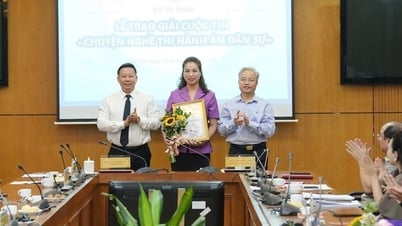



















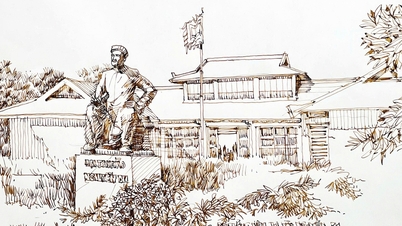






















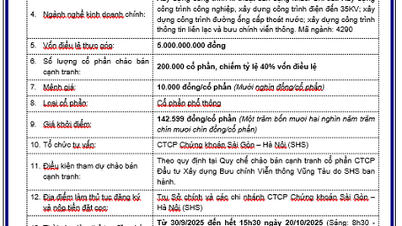
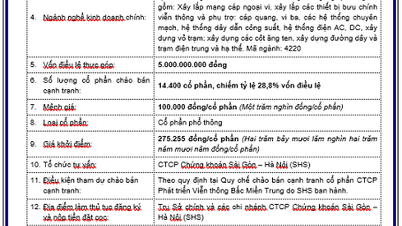

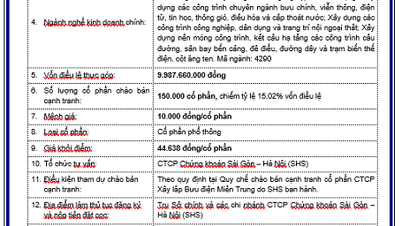





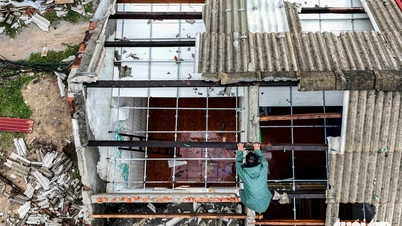






























Comment (0)